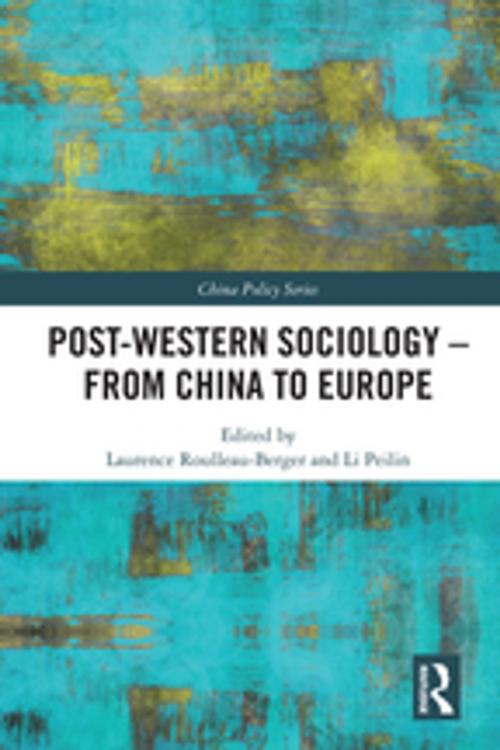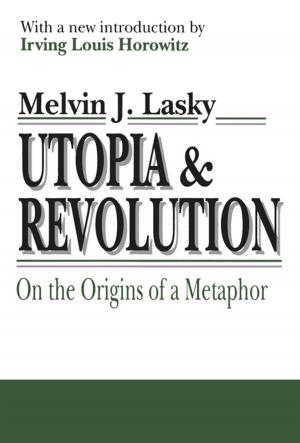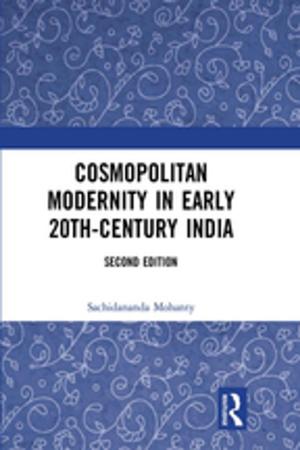Post-Western Sociology - From China to Europe
Nonfiction, Social & Cultural Studies, Social Science, Cultural Studies, Ethnic Studies| Author: | ISBN: | 9781351185332 | |
| Publisher: | Taylor and Francis | Publication: | May 15, 2018 |
| Imprint: | Routledge | Language: | English |
| Author: | |
| ISBN: | 9781351185332 |
| Publisher: | Taylor and Francis |
| Publication: | May 15, 2018 |
| Imprint: | Routledge |
| Language: | English |
This book is rooted in an epistemological approach to sociology in which the boundaries between Western and non-Western sociologies are acknowledged and built on. It argues that knowledge is organised in conceptual spaces linked to paradigms and programmes which in turn are linked to ethnocentred knowledge processes; that until recently Western approaches, including Post-Colonial, French Social Science and American approaches, have dominated non-Western theories; and that Western theories have sometimes seemed incapable of explaining phenomena produced in other societies. It goes on to argue that the blurring of boundaries between Western and non-Western sociologies is very important; and that such a Post-Western approach will mean co-production and co-construction of common knowledge, the recognition of ignored or forgotten scientific cultures and a "global change" in sociology which imposes theoretical and methodological detours, displacements, reversals and conversions. The book brings together a wide range of Western and Chinese sociologists who explore the consequences of this new approach in relation to many different issues and aspects of sociology.
This book is rooted in an epistemological approach to sociology in which the boundaries between Western and non-Western sociologies are acknowledged and built on. It argues that knowledge is organised in conceptual spaces linked to paradigms and programmes which in turn are linked to ethnocentred knowledge processes; that until recently Western approaches, including Post-Colonial, French Social Science and American approaches, have dominated non-Western theories; and that Western theories have sometimes seemed incapable of explaining phenomena produced in other societies. It goes on to argue that the blurring of boundaries between Western and non-Western sociologies is very important; and that such a Post-Western approach will mean co-production and co-construction of common knowledge, the recognition of ignored or forgotten scientific cultures and a "global change" in sociology which imposes theoretical and methodological detours, displacements, reversals and conversions. The book brings together a wide range of Western and Chinese sociologists who explore the consequences of this new approach in relation to many different issues and aspects of sociology.















